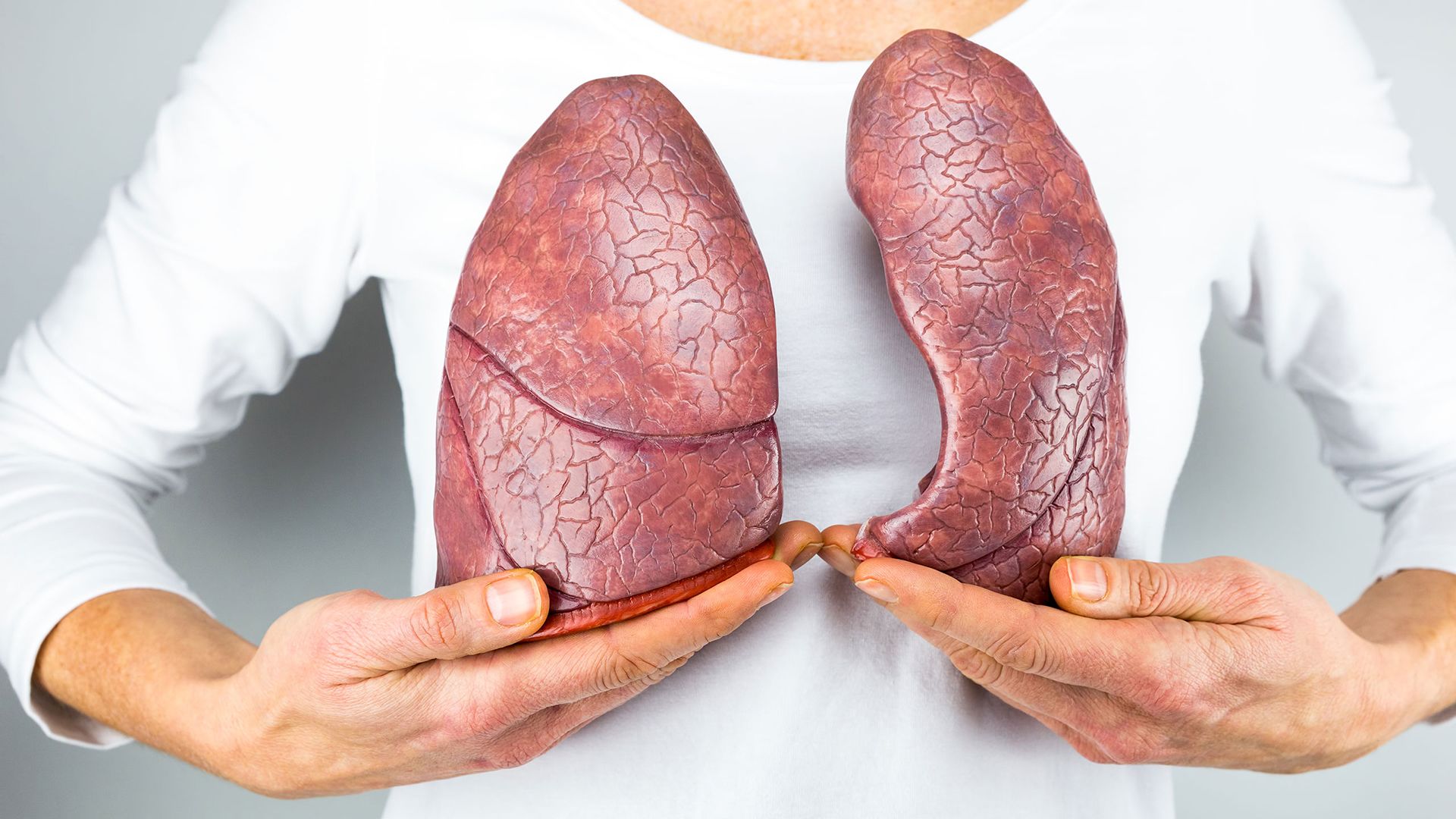Lung cancer treatment can take a considerable toll on patients, both physically and mentally. Fortunately, there are things you can do to improve your quality of life during this time—and maybe even improve your outcome.
Prioritizing a healthy lifestyle, communicating effectively with your cancer care team, and making the most of available resources can help you feel better at any stage of lung cancer, from diagnosis onward. Here are some strategies that may work for you.
Make healthy choices
Good health begins with good nutrition. When you have lung cancer, the right foods can help keep you strong, help you cope with side effects, and stave off infection. The wrong ones can sap your energy and worsen symptoms. Your dietitian is an important member of your team, and can make sure you’re receiving vital nutrients and staying at a healthy weight as your needs change throughout the course of treatment.
Staying active is another key to wellbeing. Physical activity can lessen fatigue, alleviate stress, and keep your body in good shape through treatment and recovery. Every little bit helps, and even light exercise like stretching or walking can provide benefits. Since lung cancer patients may have physical limitations, speak with a physical therapist or exercise specialist to find the right exercise for your capabilities.
If you smoke, try to kick the habit. Those who continue lighting up after a lung cancer diagnosis have a higher risk of developing future cancers, as well as dying from cancer. Quitting, on the other hand, can boost lung function, improve treatment effectiveness, and perhaps prolong your life.
Also helpful: getting adequate sleep, ensuring your vaccinations are current and taking opportunities to relax when you can.
Work with your cancer care team
A lung cancer diagnosis often means seeing lots of new specialists in several different fields. Communicate honestly and openly with every member of your team. Discuss your concerns about treatment and ask any question on your mind, especially if you don’t understand a medical term or procedure. Let them know if you experience discomfort, unusual symptoms, or side effects, so they can adjust your treatment as needed.
At the same time, adhere to your team’s instructions as best you can. Go to scheduled appointments and take medications as directed. Work on making suggested lifestyle changes. Enlist friends or family members to help, or ask your providers about the resources available to lung cancer patients. Speaking of which…
Tap into your resources
Whatever you need assistance with, odds are there’s a group or organization there to pitch in. Among the numerous examples:
- Patient education services are available through many medical centers, to help you learn about living with lung cancer.
- Support groups offer treatment advice and insight from other patients and cancer survivors.
- Lodging programs help accommodate patients and families when they travel for treatment.
- Ride programs set patients up with low- or no-cost transportation to and from appointments.
Members of your care team, such as a case manager or patient advocate, can connect you with resources like these. Just remember to communicate your needs—because being proactive is crucial to the best possible patient experience.





